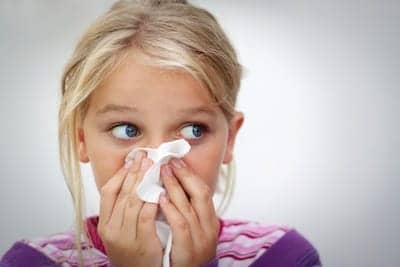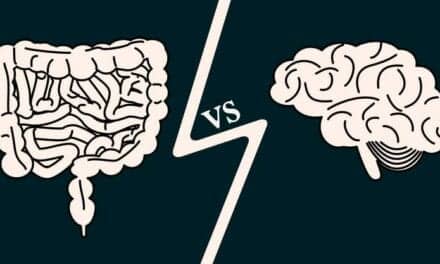A new study led by researchers at University of California, San Francisco (UCSF) Benioff Children’s Hospital San Francisco in collaboration with the Kaiser Permanente Division of Research suggests that colds and other minor infections may temporarily increase the risk of stroke in children. A UCSF news release notes that the study found that the risk of stroke was increased only within a 3-day period between a child’s visit to the doctor for signs of infection and having the stroke. For the study, researchers reviewed a Kaiser Permanente database of 2.5 million children and identified 102 children who had an ischemic stroke without a major infection.
The research team then compared the data with 306 children without stroke. Medical records for the group of children who had a stroke were reviewed for minor infections up to 2 years before their strokes. The study determined that the risk of stroke was increased only within a 3-day time frame, which the researchers say represents a period of acute inflammation. As the infection resolves, the inflammation decreased, as does the stroke risk.
The children who had strokes were 12 times more likely to have had an infection within the previous 3 days than the children without strokes. The total number of infections over a 2-year period was not linked with increased stroke risk. Approximately 80% of the minor infections identified by the researchers were upper respiratory.
Senior author of the study Heather Fullerton, MD, says, “These findings suggest that infection has a powerful but short-lived effect on stroke risk. We’ve seen this increase in stroke risk from infection in adults, but until now, an association has not been studied in children.” Fullerton explains, “The infections are acting as a trigger in children who are likely predisposed to stroke. Infection prevention is key for kids who are at risk for stroke, and we should make sure those kids are getting vaccinated against whatever infections – such as flu – that they can.”
Sources: UCSF, Newswise





